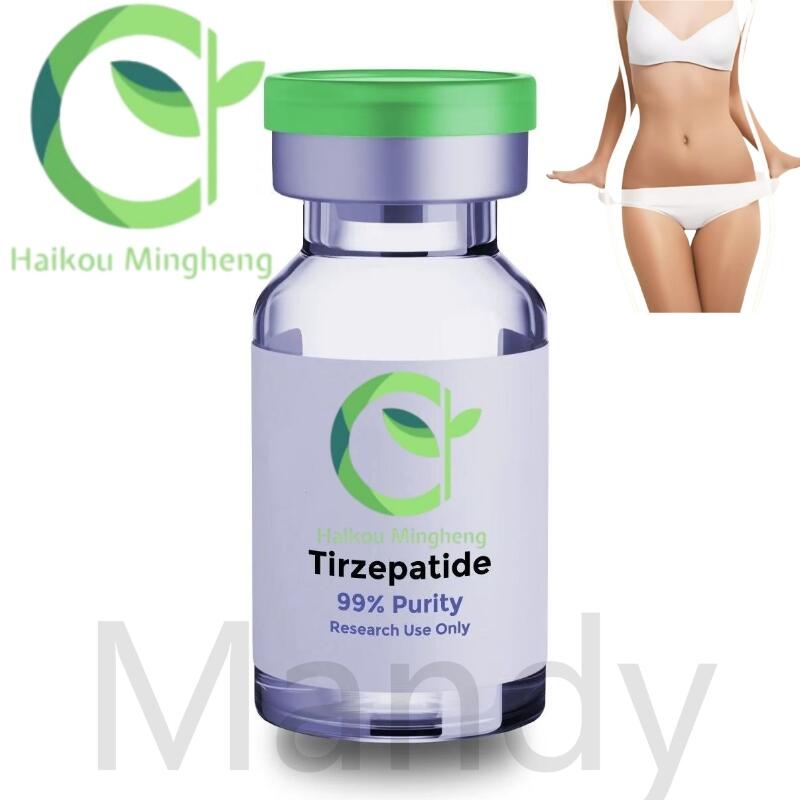-
Categories
-
Pharmaceutical Intermediates
-
Active Pharmaceutical Ingredients
-
Food Additives
- Industrial Coatings
- Agrochemicals
- Dyes and Pigments
- Surfactant
- Flavors and Fragrances
- Chemical Reagents
- Catalyst and Auxiliary
- Natural Products
- Inorganic Chemistry
-
Organic Chemistry
-
Biochemical Engineering
- Analytical Chemistry
-
Cosmetic Ingredient
- Water Treatment Chemical
-
Pharmaceutical Intermediates
Promotion
ECHEMI Mall
Wholesale
Weekly Price
Exhibition
News
-
Trade Service
The Safety of Atrial Natriuretic Factor (1-28) (human) Acetate Salt: A Comprehensive Overview in the Chemical Industry
Atrial natriuretic factor (ANF) or brain natriuretic peptide (BNP) is a hormone that is produced by the hearts of mammals, including humans.
It plays a crucial role in regulating the body's fluid balance and blood pressure.
In recent years, the use of ANF as a therapeutic agent has gained a significant amount of attention in the medical and chemical industries.
One of the most popular forms of ANF used in the industry is the human ANF (1-28) acetate salt.
This article will provide a comprehensive overview of the safety of human ANF (1-28) acetate salt in the chemical industry.
What is human ANF (1-28) acetate salt?
Human ANF (1-28) acetate salt is a synthetic variant of the naturally occurring hormone, ANF.
It is a 28-amino acid peptide that is synthesized using recombinant DNA technology in a laboratory setting.
The acetate salt is used to stabilize the peptide, making it more stable and easier to store.
Safety profile of human ANF (1-28) acetate salt
The safety of human ANF (1-28) acetate salt has been extensively studied in both preclinical and clinical studies.
The results of these studies have shown that the hormone has an excellent safety profile, with very few reported adverse effects.
One of the main benefits of human ANF (1-28) acetate salt is that it is highly specific, meaning that it selectively binds to and activates the ANF receptor in the body.
This reduces the likelihood of off-target effects, which can reduce the safety risks associated with the use of the hormone.
Another important advantage of human ANF (1-28) acetate salt is its half-life.
The hormone has a relatively short half-life in the body, which means that it is quickly cleared from the system, reducing the potential for long-term effects.
Preclinical toxicology studies have also shown that human ANF (1-28) acetate salt is highly safe.
In these studies, the hormone was administered to animals at high doses for extended periods of time without any adverse effects.
Clinical studies on the safety of human ANF (1-28) acetate salt have also been conducted.
These studies involved administering the hormone to healthy volunteers and patients with heart failure.
The results of these studies showed that the hormone was well-tolerated and did not cause any significant adverse effects.
Conclusion
In conclusion, the safety of human ANF (1-28) acetate salt is an important issue in the chemical industry, and extensive studies have been conducted to ensure its safety.
The results of these studies have consistently shown that the hormone is highly safe and selective, with an excellent safety profile.
The hormone's specificity for the ANF receptor reduces the likelihood of off-target effects, while its short half-life reduces the potential for long-term effects.
Overall, human ANF (1-28) acetate salt is a promising therapeutic agent that is likely to have a positive impact on the treatment of heart failure and other related conditions.







